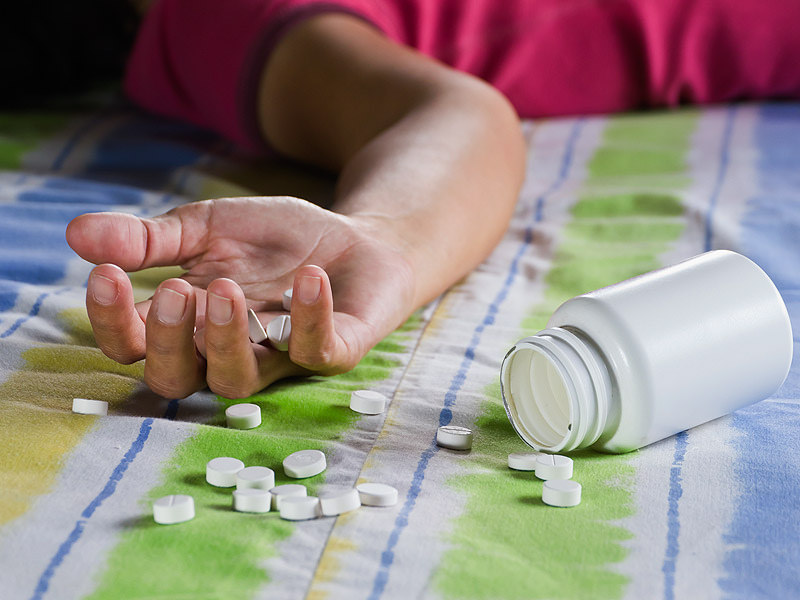
According to the CDC, overdosing on prescription opioids has increased four times over since 1999. More than 180,000 people died in the US alone from overdoses related to opioids. More than 1,000 people are treated for misusing prescription opioids every day in the US.
Suffice it to say, the country has a severe opioid addiction epidemic on its hands. And yet, big pharmaceutical companies are not doing anything at all. Big pharma is doing the exact opposite, it's blocking efforts to control opioids addiction to make money off the industry. That's because pharmaceutical companies are raking in billions of dollars on misused opioids.

The city of Cincinnati filed a lawsuit against Pennsylvania-based AmerisourceBergen Corp.; Dublin, Ohio-based Cardinal Health, Inc.; and San Francisco, California-based McKesson Corp. for violating the Controlled Substances Act that was enacted in 1970.
According to Cincinnati mayor John Joseph Cranley, these companies increased opioid shipment volumes in the city to increase profits. Cranley added that the lawsuit is meant to go after pharmaceutical companies that are motivated by greed.
Big Pharma is actively blocking efforts to halt the opioid epidemic… because there’s profit in POISON
(Natural News) Robin Feldman, a professor in pharmaceutical law at University of California, testified in September 2016 before the House of Representatives judiciary subcommittee about the state of the opioid addiction in the United States, saying that even though “open and vigorous competition is the backbone of U.S. markets…we are not seeing that in the market for addiction medicine.”
This is because, according to Feldman, big pharmaceutical companies hold a monopoly over the manufacture and release of major commercial drugs.
Statistics show that the percentage of people in America that perish due to drug overdoses has quadrupled since the late 1990s; drug overdoses are now ranked as the leading cause of death for Americans under 50 years old.
Feldman and her colleagues studied the filing of petitions at the Food and Drug Administration (FDA) in their book Drug Wars: How Big Pharma Raises Prices and Keeps Generics off the Market.
“Some of the petitions were just stunning to us. For example, some petitions soberly ask the FDA to require, well, what it already requires, such as ensuring that the generic drug product is stable and has an appropriate shelf life. Other petitions tie the application up in knots for reasons that are hard, even for the FDA, to discuss with a straight face,” Feldman noted.
For instance, the manufacturer of the blood pressure medicine Plendil asked the FDA to delay approval of the generics by saying they are concerned over how different types of oranges in orange juice might affect absorption of the medication and demanding additional data on the juices that are used during clinical trials.
Pharmaceutical companies employ a tactic to modify the dosage or modulation of a drug whose patent is about to expire, allowing them to stamp a brand-new set of patents on their “new and improved” version of the drug.
Another way that pharmaceutical companies is putting one over the people is by constantly setting price hikes on their medicines. As a matter of fact, in 2015, 80 percent of the profit growth of the 20 largest drug companies was brought about by huge price hikes.
For instance, Foster City, California-based biopharmaceutical company Gilead Sciences’ hepatitis C drug, Solvadi, which sells for the equivalent of $1,000 abroad, sells for $84,000 here.
Image courtesy of: djtrumpnetwork






